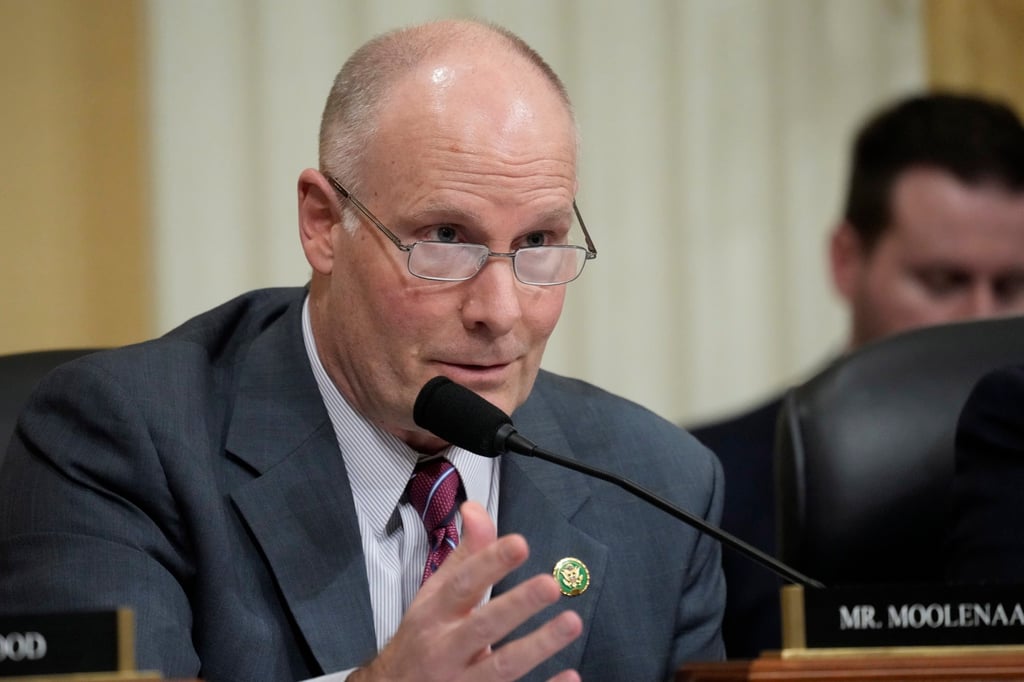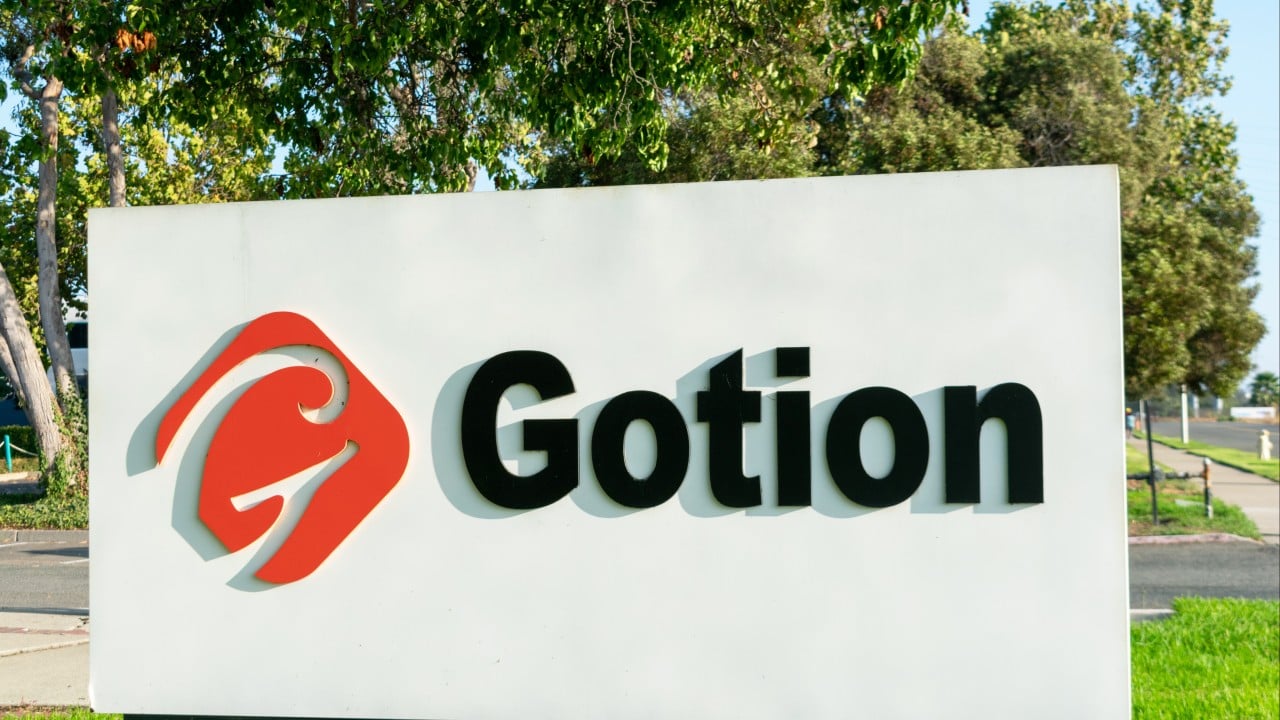Chinese EV battery maker Gotion High-Tech has drawn a new wave of criticism in the United States after a recent filing with the federal government disclosed that the company benefits from subsidies from Beijing.
On Tuesday, Republican lawmakers accused Gotion of dishonesty and called for an investigation to halt the company’s proposed US$2.4 billion factory project in Michigan.
US Representative John Moolenaar of Michigan, who chairs the House select committee on China, told the South China Morning Post that “while it’s no surprise that the Chinese Communist Party is aiding and abetting Gotion, Gotion’s consistent deception regarding its ties to the CCP is inexcusable”.
“American tax dollars should never be spent uplifting China’s national champions,” he added, and said he hoped that “this recent filing will trigger a new investigation to stop Gotion’s Michigan plans once and for all”.
In a July 20 amendment to its Foreign Agents Registration Act (FARA) filing, the company revised its position on its connections to the Chinese government, altering previous statements to disclose that it was “partially subsidised through government funding provided by the People’s Republic of China.”
Gotion’s original filing on April 21, 2023, answered the question about subsidies by any “foreign government, foreign political party, or other foreign principal” in the negative.
But after a review, the company said, it determined that an amendment was necessary based on “updated information”.
Gotion is a publicly traded multinational company, with Germany’s Volkswagen its majority shareholder. Its vice-president of North America manufacturing, Chuck Thelen, did not respond to a request for comment. Thelen had repeatedly dismissed allegations of Chinese Communist Party influence as “a big fear sandwich”.
Opponents of the Michigan project have cited environmental and national security objections. Last month, Moolenaar said the proposed plant’s “proximity to Michigan’s Air National Guard base and a cybersecurity centre” was a concern.
“I want to see this area have more jobs and investments, but we must not welcome companies that are controlled by people who see us as the enemy and we should not allow them to build here,” he said.
Michigan Governor Gretchen Whitmer has backed the Gotion project – which claims it will create 2,350 local jobs – contending that it “will shore up our status as the global hub of mobility and electrification”.
State Senator Lana Theis posted a statement on the Michigan Senate Republicans website that “I am once again disappointed by the company’s shady business practices and the insistence from our governor that they build a taxpayer-funded mega site in our state”.
The project initially won approval from local officials in Michigan’s Green Charter Township in 2023, triggering public protests over its Chinese affiliations.

By the end of the year, Gotion had obtained federal clearance and state subsidies totalling $175 million but also witnessed a shift in local leadership. Pro-Gotion officials were voted out and replaced by new leaders, who rescinded the town’s agreement with the company.
As a result, Gotion sued the township in March, alleging a breach of contract. A federal judge sided with the company in May, telling Green Charter’s new officials to comply with the development agreement.
Despite the legal win, Gotion’s latest FARA filing could spell trouble. In July, the US Treasury Department proposed adding over 50 military locations across 30 states to an existing list of installations under the jurisdiction of federal review; including review of nearby land purchases.
On Tuesday, Moolenaar said he was pleased with the Treasury decision and that Gotion should undergo another review.
He also called on US Congress to pass the bipartisan No Gotion Act, which he introduced in November. The legislation would “make these CCP-affiliated companies ineligible for certain tax credits”, he said.


